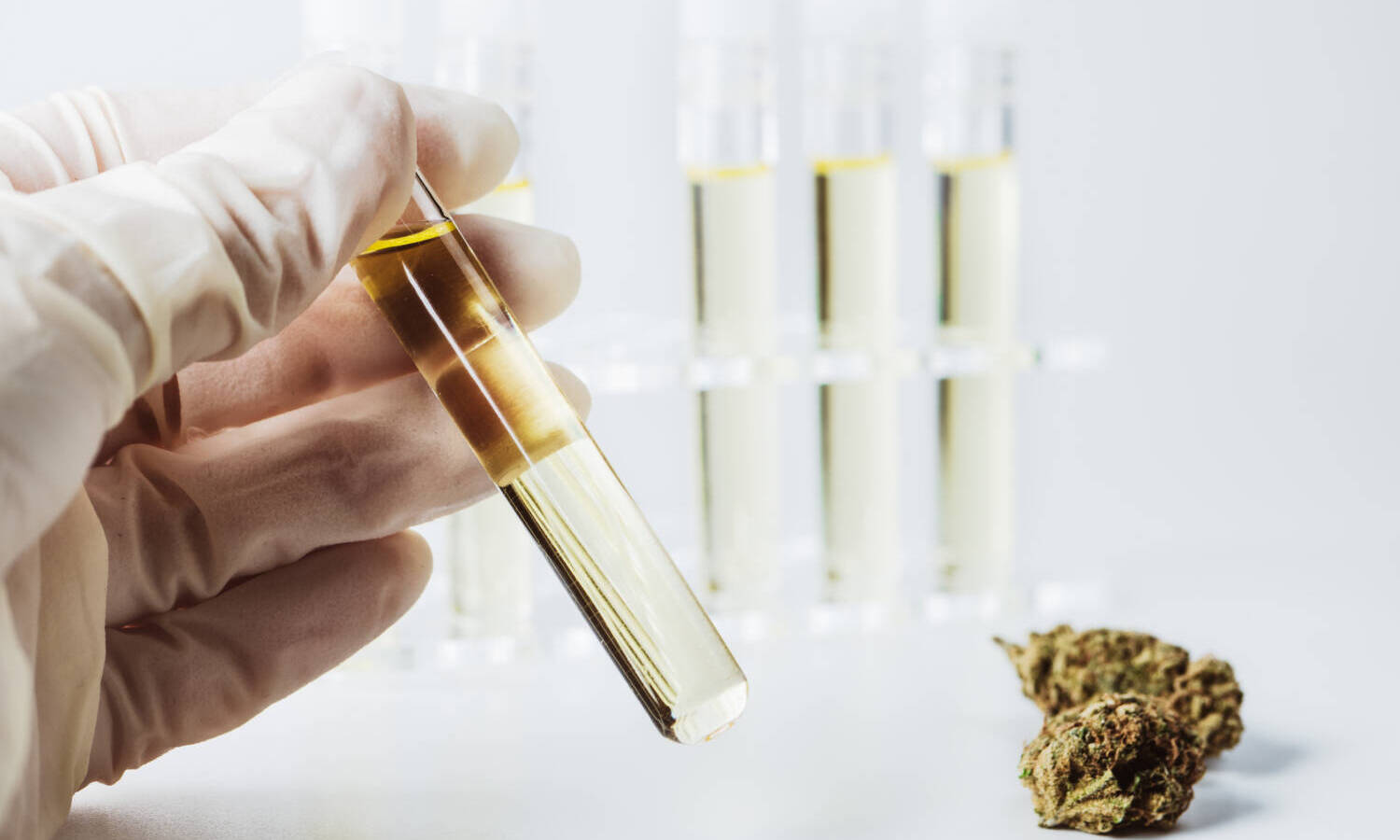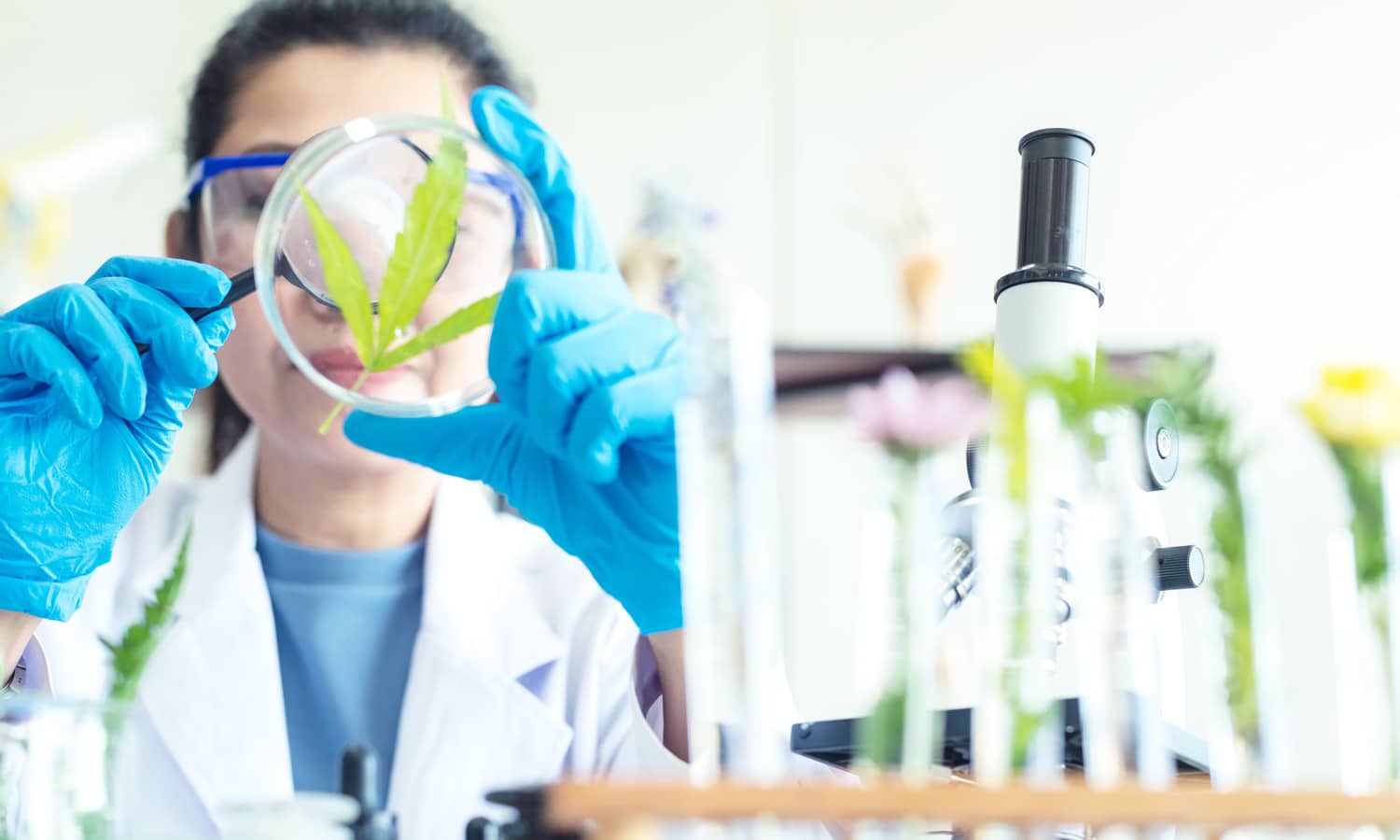
Mandatory pesticide testing begins April 2 for all cannabis products in WA
This article originally appeared on Cannabis.net and has been republished with permission.
Several years after Washington lawmakers first discussed the requirements, the state finally approved mandatory pesticide testing for all cannabis products manufactured and sold in the state. Cannabis producers have a duty to meet the needs of cannabis consumers in a state. For profit, some of these operators have turned to harmful chemicals to increase the yield of their crops. These chemicals include insecticides, pesticides, and inorganic fertilizers. Many of them are unfit for human consumption.
Since the first month of cannabis legalization in Washington, it has been quite difficult for consumers to know the ingredients of the cannabis products sold to them. From cultivation to final packaging of cannabis products, a lot can go wrong. And these companies, growers and producers rarely come out to explain what’s going on behind the scenes.
Photo by chriss_ns/Getty Images
RELATED: Here’s why you need to trust your pharmacy
The Washington State Liquor and Cannabis Board (LCB) proposed third-party testing to help cannabis users determine if the products they are ingesting are safe.
pesticide testing
In legal countries and states, cannabis products undergo multiple third-party tests to ensure they are safe for consumption. However, most of these areas of legislation do not mandate pesticide testing for these products. There are several methods of performing pesticide testing, but the most common is using a liquid chromatography mass spectrometer. This device can detect even the smallest traces of toxic chemicals used as pesticides. Ensuring that customer safety is not compromised.
Washington state cannabis regulators noticed the increasing use of pesticides in the cannabis and hemp industry months after the state launched its medical program. However, growers claimed they only use pesticides with no harmful effects. However, weak tests have proven these claims to be false. Cannabis products are beginning to become mainstream, and it would be risky to continue the medical and recreational cannabis sectors without enforcing these critical tests.
Imagine a chronic patient who suffers more because of unknowingly consuming medicinal cannabis containing toxic pesticides. Or an occasional recreational user who develops health problems due to these toxic compounds. In fact, without these tests, the safety of the public is far from guaranteed. Therefore, the recent development is very commendable.
Long-awaited policy
Cannabis advocates have hailed this new mandatory requirement as a long-awaited move for the state’s cannabis industry. Some pointed out that states with legal cannabis markets have these regulations and more to ensure their residents receive only the best, safest products. It is important to note that the state has always required that all medicinal products be tested for pesticides. Although some breeders may have found ways to falsify the test results or circumvent the policy. California has also banned pesticides in marijuana cultivation.
RELATED: California is developing standardized marijuana tests to clear up inconsistencies
The core aspect of this new directive is that cannabis producers will now also have to carry out these tests for recreational products. The regulation change focuses primarily on the leisure industry, as the regulator expects all medicinal products to be free of toxic pesticides.
The Liquor and Cannabis Board announced that irregular and random testing would be conducted at cannabis production facilities across the state from the time the new guidelines were announced. They believe this will force all producers to maintain the new status quo. It’s high time recreational users stopped being exposed to unsafe cannabis products.
The WSLCB unanimously voted that the new changes to recreational cannabis quality control would go into effect on April 2nd. The pesticide tests are added to a list of mandatory tests that must be performed on cannabis products placed on the market.
 Photo by Wanida Prapan/Getty Images
Photo by Wanida Prapan/Getty Images
After about three years of public debate and deliberation by various stakeholders, the strict new rules were finally passed. Once the law is implemented in a matter of weeks, every batch of smokable cannabis products manufactured in Washington state will be tested by state-licensed laboratories. Submitted samples are critically analyzed for toxic pesticides such as Bifenthrin, Daminozide, Permethrin, Spinosad, DDVP (Dichlorvos), Abamectin, Spiromesifen, etc. Cannabis stores and dispensaries will have the results of these tests before the products can be sold. The products that do not meet the accepted standards are destroyed.
Industry watchdogs and cannabis homebuyers revealed months ago that at least 1 in 5 cannabis products sold in cannabis dispensaries contain toxic pesticides. The failure of these products to ensure quality will decrease in the coming months as farmers stop using these toxic pesticides to avoid having their products recalled or destroyed.
RELATED: Illegal Vs. Legal: What Are the Real Benefits of Buying Weed from a Licensed Dispensary?
Washington-based Confidence Analytics, one of the top federally recognized cannabis testing labs, released an updated white paper in February. The white paper outlined the CEO’s plans to take proactive steps to boost pesticide testing before the law goes into effect. Nick Mosley pointed out that the recent revisions will have a massive impact on the state’s cannabis sector. In the white paper, Mosley explained that all levels of supply would be affected, not to mention the market disruptions and realignments that would follow. Mosley believes the changes in quality control rules will create new winners and losers in the industry.
In addition, the state legislature would consider other proactive bills that would affect the state’s existing testing requirements for cannabis products. The measure, named House Bill 1859, would change the current laboratory accreditation system and standards for these licensed laboratories. Another bill, Senate Bill 5983, plans to create a new regulatory committee for the Liquor and Cannabis Board to ensure other cannabis-derived compounds are regulated.
bottom line
Pesticide testing is more important than ever in Washington today. Additional regulations will be revised and added to existing cannabis legislation over the coming months. But for now, the regulator is focused on making sure all cannabis products are pesticide-free.
Growers need to adopt better and safer farming practices to ensure product safety is not compromised while safeguarding their profits. To date, the United States federal government has not approved pesticides for the cultivation of cannabis and hemp. However, some states have authorized the use of a few. In the meantime, further educational efforts are being organized to educate sensitive growers about the adverse effects of pesticides on consumer health.
This article originally appeared on Cannabis.net and has been republished with permission.

Post a comment: